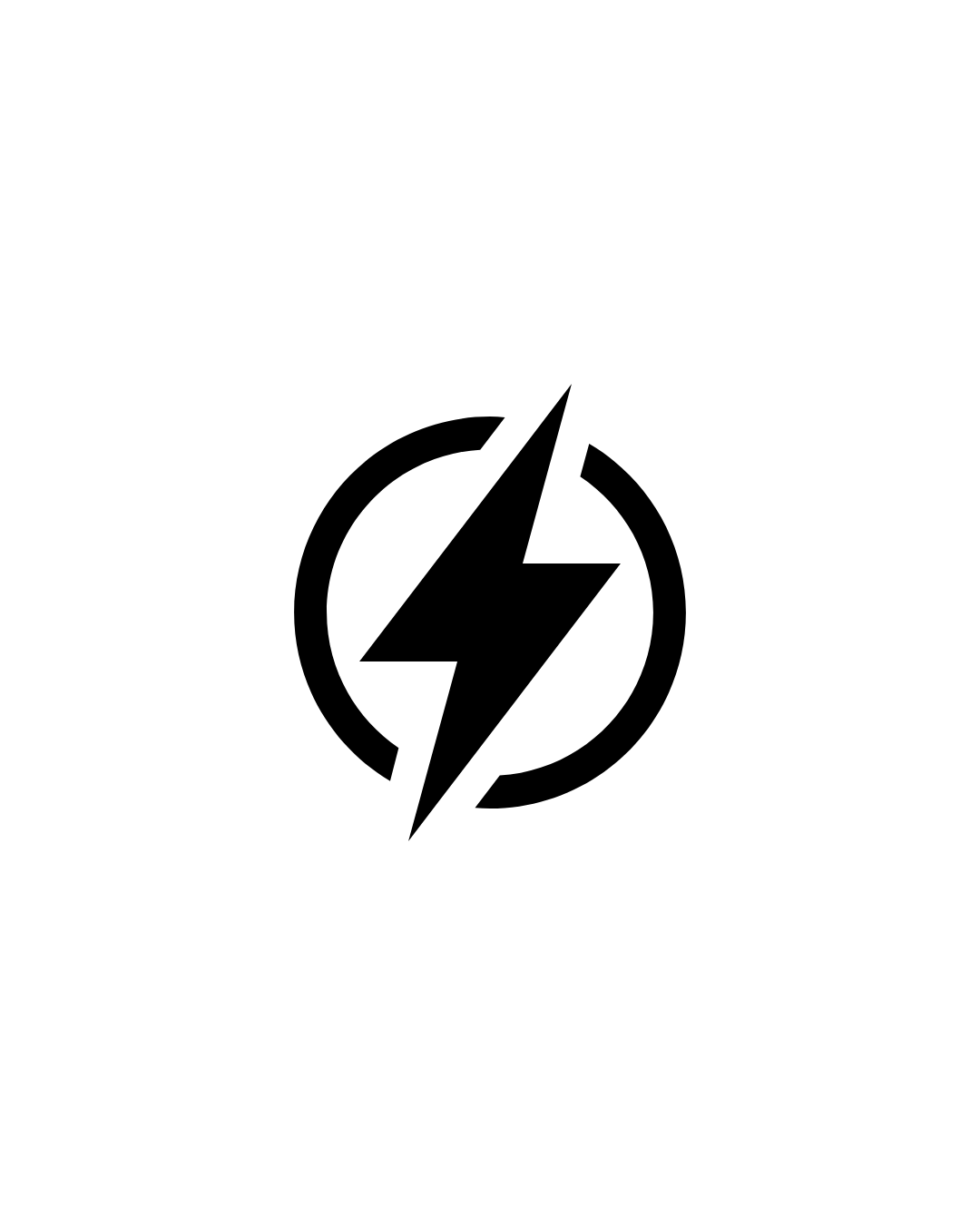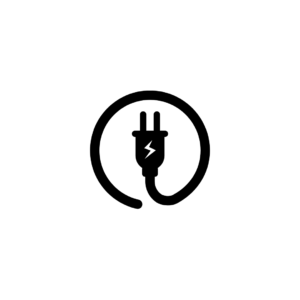Description
A Bachelor of Technology – Lateral Entry (B.Tech-LE) in Electrical Engineering is an undergraduate program tailored for students holding a diploma in electrical engineering or a related field. This program allows these students to enter directly into the second year of the B.Tech program, providing them with a solid foundation in electrical engineering concepts, design, and application.
Curriculum Overview
The curriculum for a B.Tech-LE in Electrical Engineering typically includes a combination of core electrical engineering subjects, practical training, and project work. Here are some common subjects and areas of study in this program:
Engineering Mathematics:
Advanced mathematical concepts and techniques critical for solving engineering problems.
Circuit Theory:
Fundamentals of electrical circuits, including analysis, design, and understanding circuit components like resistors, capacitors, and inductors.
Electromagnetic Fields:
Study of electromagnetic theory, field concepts, and applications in electrical engineering.
Electrical Machines:
Overview of various electrical machines such as transformers, generators, and motors, their construction, operation, and applications.
Control Systems:
Principles of control theory, including feedback systems, stability analysis, and control strategies.
Power Systems:
Study of electrical power generation, transmission, distribution systems, and the economics of power systems.
Digital Electronics:
Fundamentals of digital logic design, including combinational and sequential circuits, microprocessors, and programming.
Analog Electronics:
Study of analog devices and circuits, including amplifiers, oscillators, and signal processing.
Power Electronics:
Principles of power electronic devices and their applications in converter circuits and motor drives.
Signal Processing:
Theory and application of signals and systems, including digital signal processing techniques.
Electrical Measurements:
Techniques for measuring electrical quantities such as voltage, current, and resistance, including the use of measuring instruments.
Renewable Energy Systems:
Overview of renewable energy technologies like solar, wind, and hydroelectric systems, including their integration into the power grid.
Capstone Project/Internship:
Practical experience through a project or internship, where students apply their knowledge to real-world electrical engineering problems.
Career Opportunities
Graduates with a B.Tech-LE in Electrical Engineering can pursue diverse career opportunities across various sectors, including energy, electronics, manufacturing, telecommunications, and automation. Some potential job roles include:
Electrical Engineer: Designing and overseeing electrical infrastructure projects and systems.
Control Systems Engineer: Developing and implementing control systems for industrial and automation applications.
Power Systems Engineer: Working on the generation, transmission, and distribution of electrical power.
Project Engineer: Managing engineering projects, ensuring they meet technical specifications and deadlines.
Electronics Engineer: Designing and developing electronic circuits and systems for various applications.
Field Engineer: Providing technical support and solutions for electrical systems and installations in the field.
Test Engineer: Conducting tests and evaluations of electrical systems and components to ensure they meet quality standards.
Instrumentation Engineer: Developing and maintaining instruments used for monitoring and control in industrial processes.
Renewable Energy Engineer: Designing and implementing renewable energy solutions and systems.
Research and Development Engineer: Conducting research to innovate and improve electrical engineering technologies and solutions.
Further Education
Graduates may choose to pursue a Master’s degree in Electrical Engineering or specialized areas such as Power Systems, Control Engineering, or Renewable Energy for further career advancement. Obtaining professional certifications can also enhance job prospects and professional development.
If you have any further questions about the curriculum, potential career paths, or other aspects of a Bachelor of Technology – Lateral Entry in Electrical Engineering, feel free to ask!









